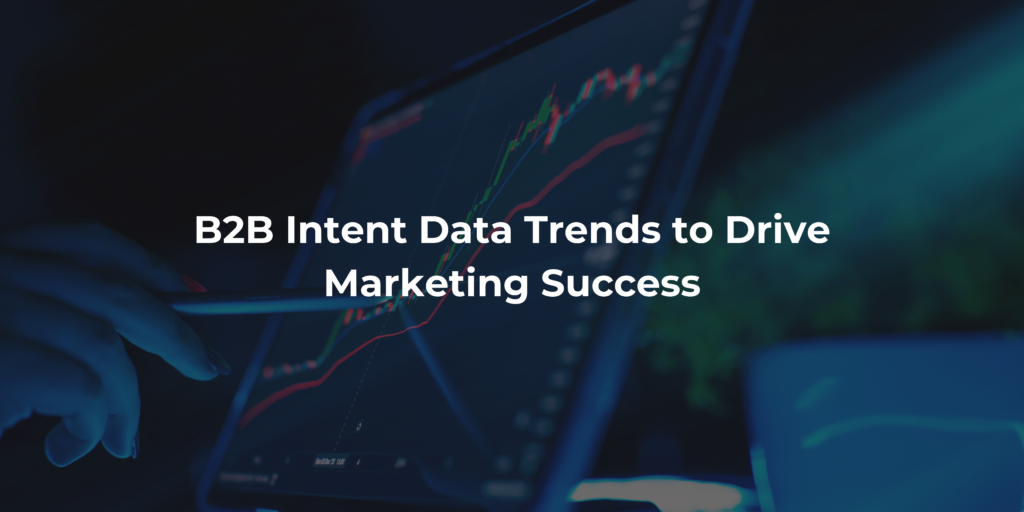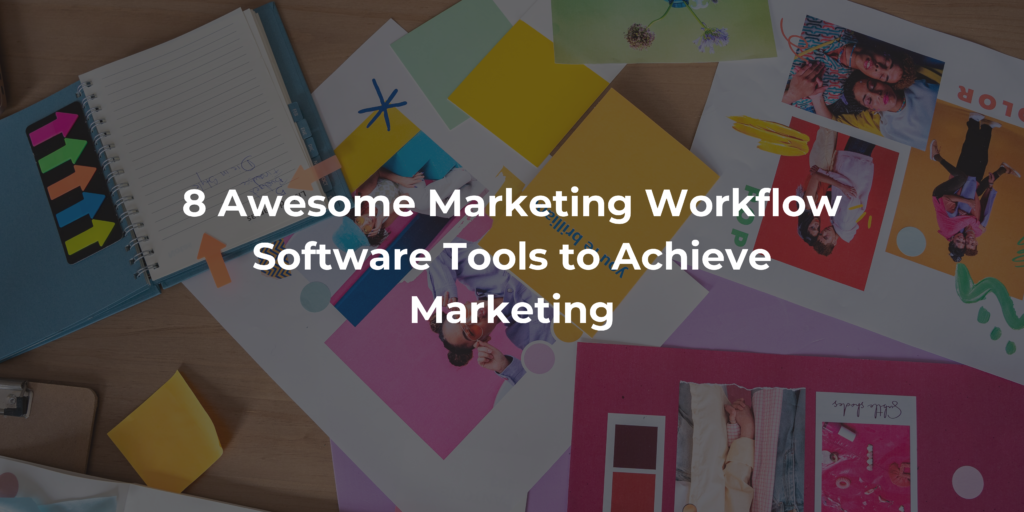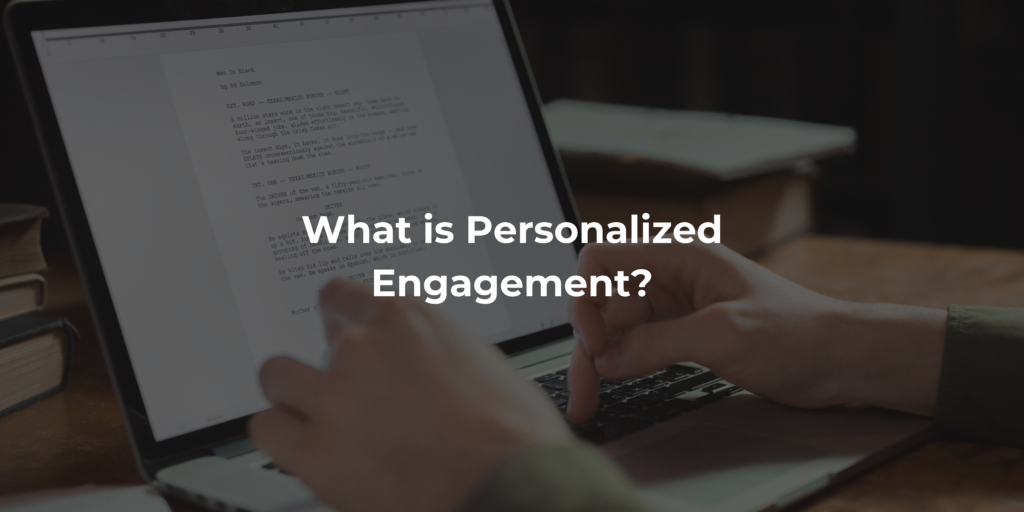As businesses strive to understand their customers on a deeper level and tailor their marketing efforts accordingly, the role of intent data has become increasingly vital. Intent data, which provides insights into the online behavior of potential buyers, offers a valuable opportunity for businesses to enhance their marketing strategies and drive success. In this blog, we’ll delve into some of the key trends in B2B intent data that are shaping the future of marketing.
AI and Predictive Analytics:
Artificial intelligence (AI) and predictive analytics have emerged as game-changers in the realm of B2B marketing. These technologies leverage vast amounts of intent data to uncover hidden patterns and predict future buyer behavior with remarkable accuracy. By analyzing signals such as website visits, content consumption patterns, and social media interactions, AI-powered platforms can identify promising leads and prioritize them for targeted engagement. Moreover, predictive analytics enable marketers to anticipate the needs and preferences of individual buyers, allowing for the creation of hyper-personalized marketing campaigns.
As AI continues to evolve and improve its predictive capabilities, its role in interpreting intent signals and driving marketing decisions will only become more significant, empowering businesses to stay ahead of the competition and achieve sustainable growth.
Multichannel Integration:
B2B customers interact with brands across multiple channels and touchpoints. From social media platforms to search engines and email industry platforms, the customer journey is complex and multifaceted. Thus, integrating intent data across channels has become essential for a unified and personalized shopping experience.
By using insights from a variety of sources, companies can gain a holistic view of their prospects’ behaviors and preferences, allowing them to tailor their messaging and content accordingly. Whether it’s delivering targeted ads on social media, sending personalized email campaigns, or optimizing website content for specific search queries, multichannel integration allows marketers to engage with potential buyers in meaningful ways.
Real-Time Insights:
Real-time intent monitoring enables marketers to identify buying signals as they happen and respond promptly with relevant offers or information. Whether it’s tracking website visits, monitoring social media interactions, or analyzing search queries, real-time insights empower marketers to capitalize on opportunities and engage with potential prospects at the right moment. By leveraging real-time intent data, businesses can deliver timely and personalized experiences that resonate with their audience, increasing the likelihood of conversion and driving marketing success.
Intent Data Quality:
The quality and relevance of intent data are critical factors that can significantly impact the effectiveness of marketing campaigns. Marketers rely on accurate and reliable data to inform their decisions and drive results. Therefore, ensuring the quality of intent data sources is paramount. This involves collecting data from reputable sources and implementing robust validation and verification processes to filter out noise and irrelevant signals. By prioritizing data quality, businesses can minimize the risk of targeting the wrong audience or delivering irrelevant messages, thereby maximizing the effectiveness of their marketing efforts.
Privacy and Compliance:
In an era of heightened data privacy concerns and stringent regulations such as GDPR and CCPA, maintaining compliance is a top priority for B2B marketers. Ethical and transparent use of intent data is non-negotiable, and businesses must obtain consent from individuals before collecting and processing their data. Moreover, they must provide clear opt-out mechanisms and adhere to data protection best practices to ensure compliance with regulatory requirements.
By prioritizing privacy and compliance, marketers can build trust with their audience, mitigate the risk of regulatory fines and reputational damage, and foster long-term relationships based on mutual respect and transparency.





